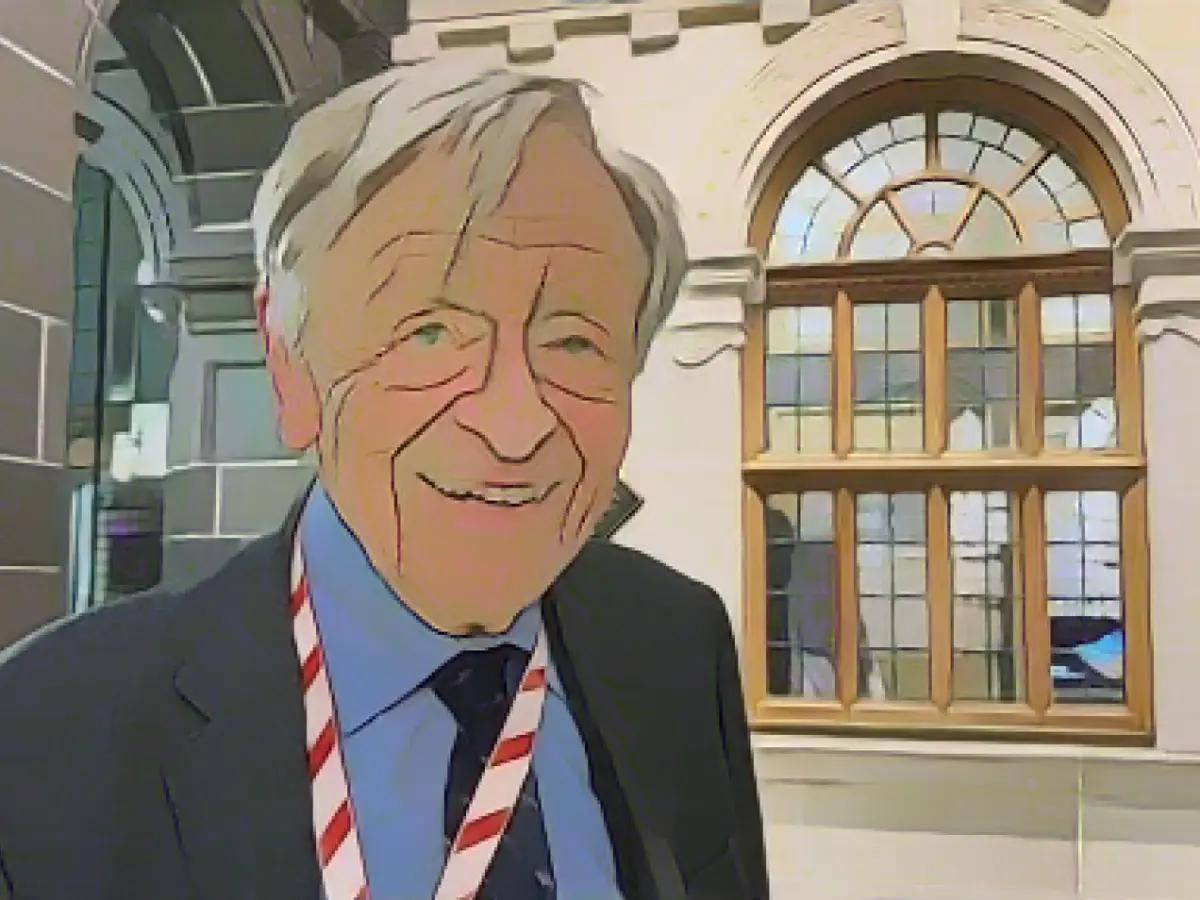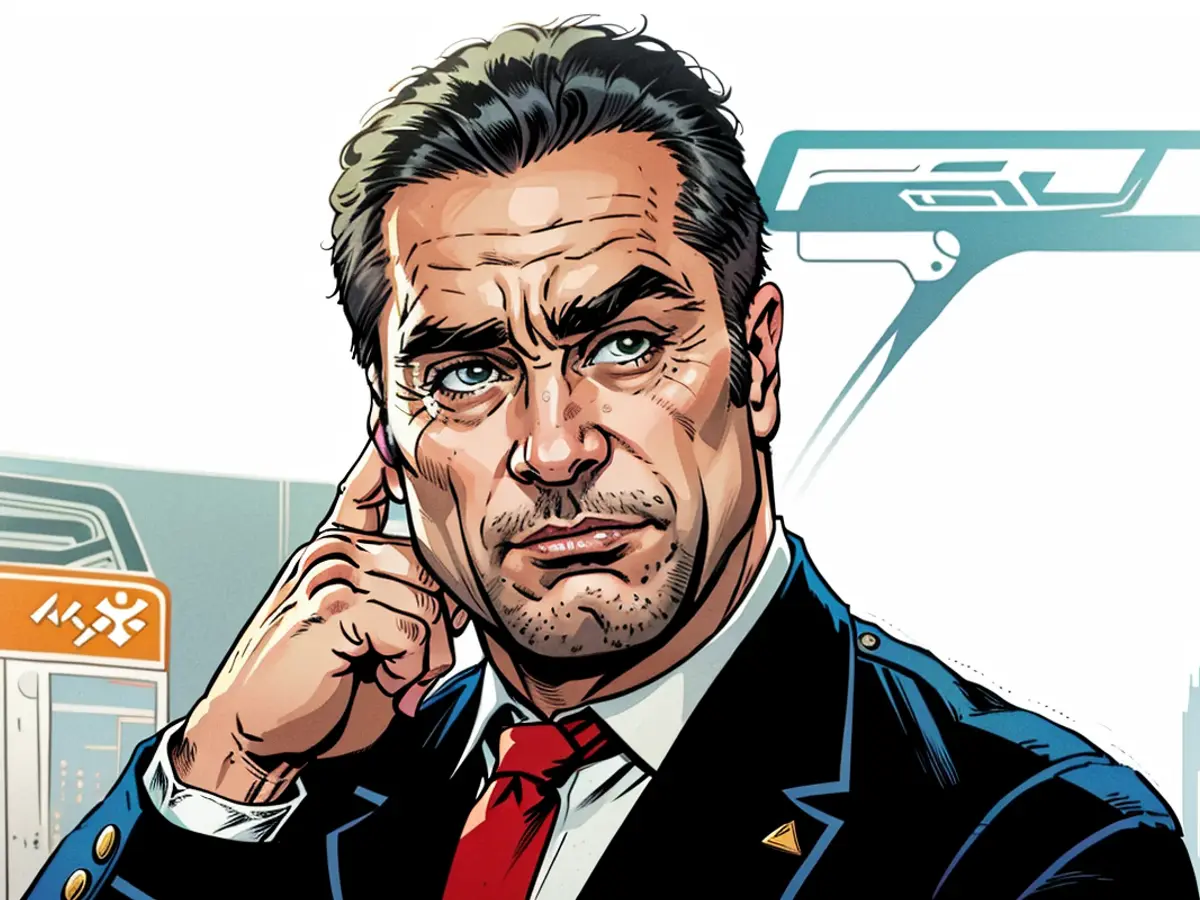War in the Middle East - Child transport survivor: difficult situation for Germany
One of the most prominent survivors saved from the Holocaust by a so-called Kindertransport, Alfred (Alf) Dubs, sees Germany in a difficult situation as a result of the Gaza war.
Because of its history, Germany cannot assume a diplomatic leadership role in the current situation, Lord Dubs, who sits in the British House of Lords for the Labour Party, told the German Press Agency on the 85th anniversary of the first Kindertransport on December 2.
Coming to terms with the Holocaust in Germany
The Kindertransports evacuated around 10,000 mostly Jewish children from Germany, Austria, Poland and Czechoslovakia to Great Britain on the eve of the Second World War, most of whom were placed with foster families. Many of them never saw their parents again. The rescue operation was launched after the violent attacks on Jews during the pogroms in Germany in November 1938. They ended with the start of the war.
Dubs praised the efforts to come to terms with the Holocaust in Germany as profound and fundamental. This is precisely why the current situation is so complicated. "Germany is in trouble because it does not want to undo the positive things it has achieved," said the 90-year-old. Berlin could neither afford to be perceived as too pro-Palestinian nor too pro-Israel. The responsibility to take a leading role in mediating between Israelis and Palestinians therefore lies with other nations such as the USA and Great Britain.
Cheers on the train
The son of a Jewish father, Dubs arrived in the UK from Prague in 1939. His father had already managed to flee to England beforehand. Dubs and his mother initially stayed behind. "We had to take a picture of the Czechoslovak president out of our school book and stick a picture of Hitler in it," recalled Dubs.
Because his mother was initially not given permission to leave the country, she put him on a Kindertransport when he was six years old. When the train reached the Dutch border - and was therefore out of reach of the Germans - the older children on the train cheered. "The younger ones knew it was important, but we didn't know why," says Dubs.
Lesen Sie auch:
- War against Ukraine: this is the situation
- Fort Worth City Council approves $3.5 million settlement for Atatiana Jefferson's nephew
- Budget 2024: Lindner talks about areas of savings
Source: www.stern.de








